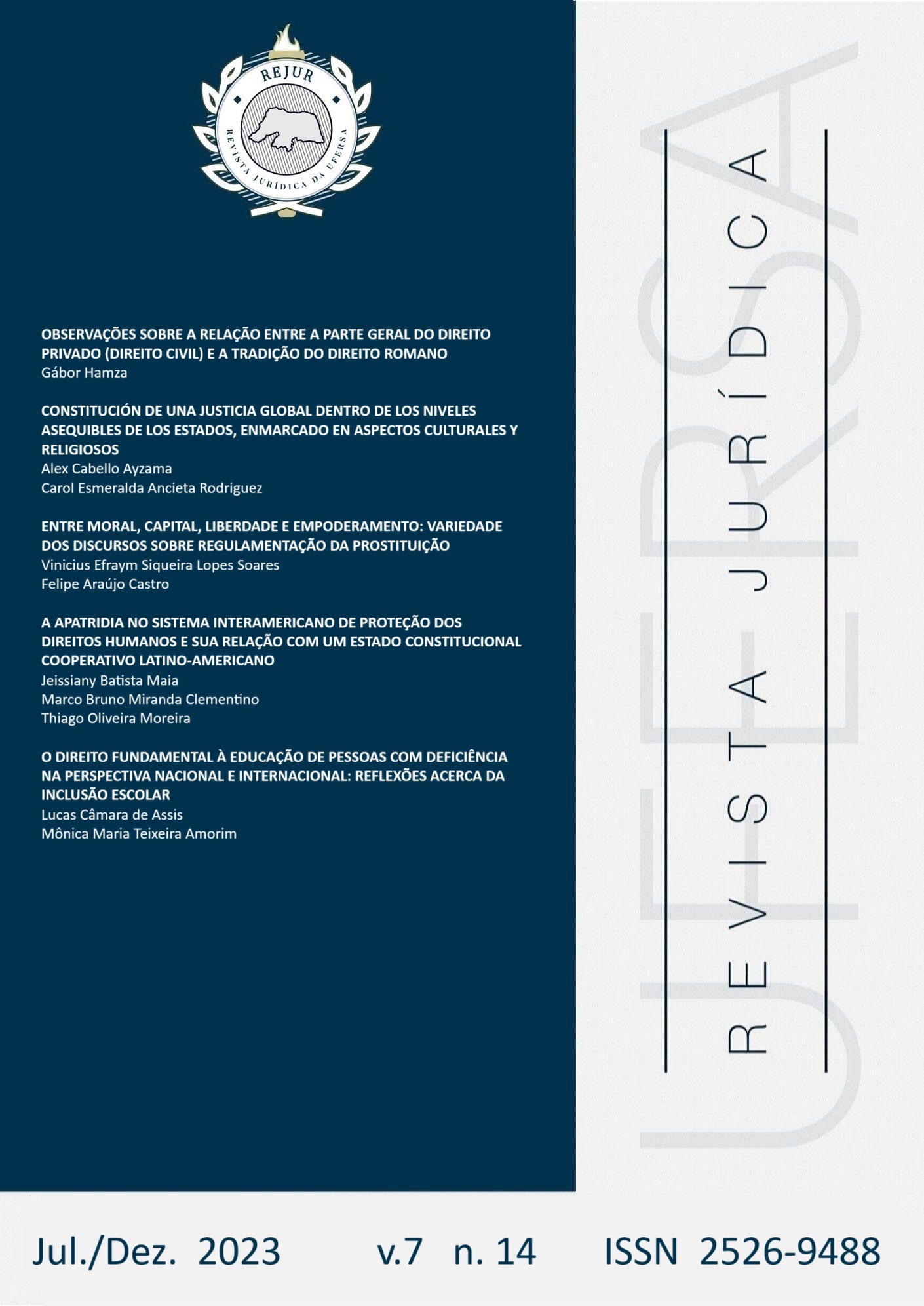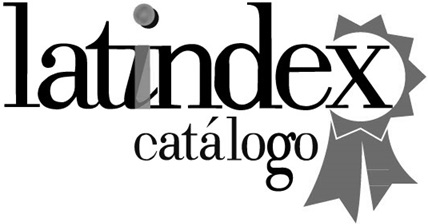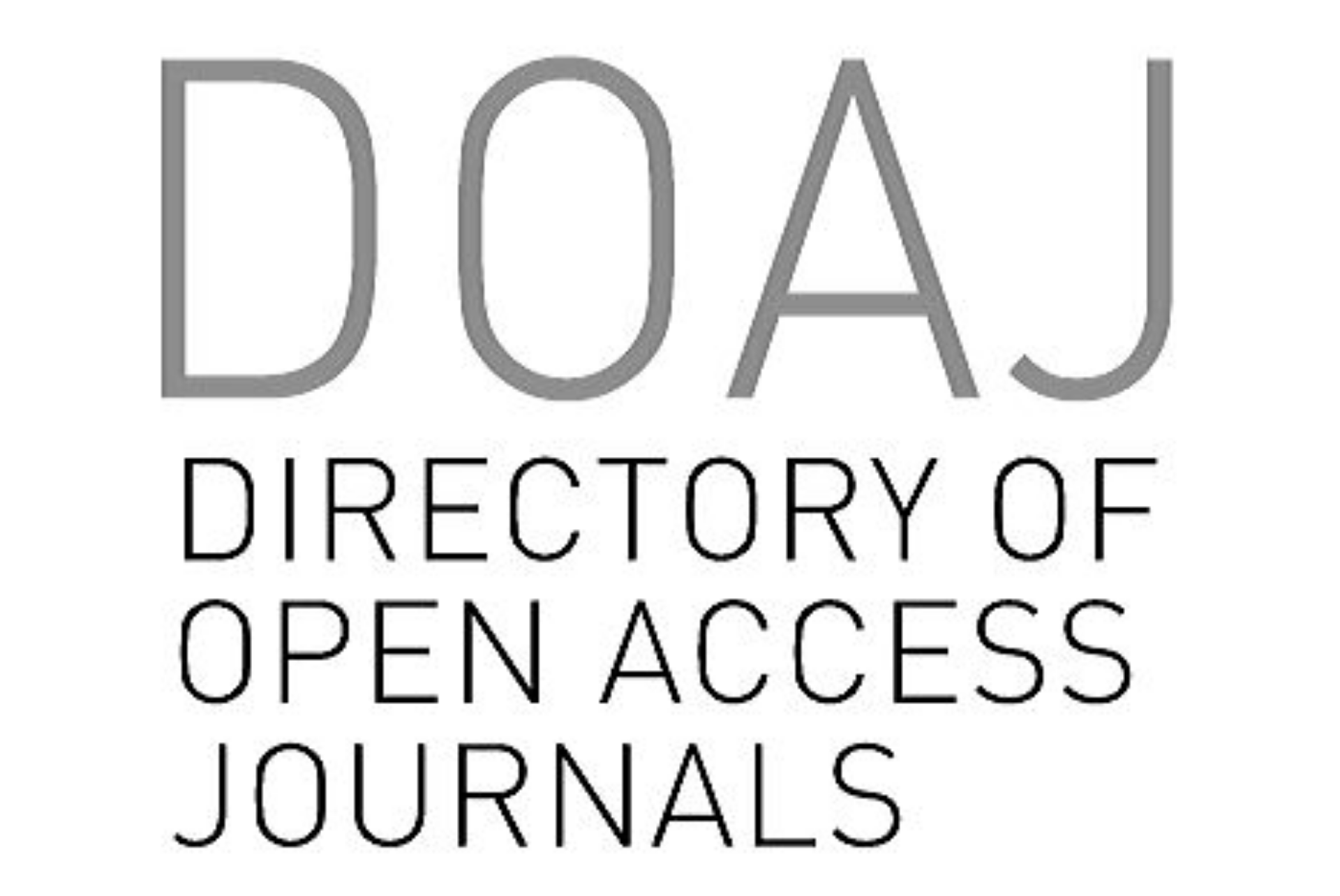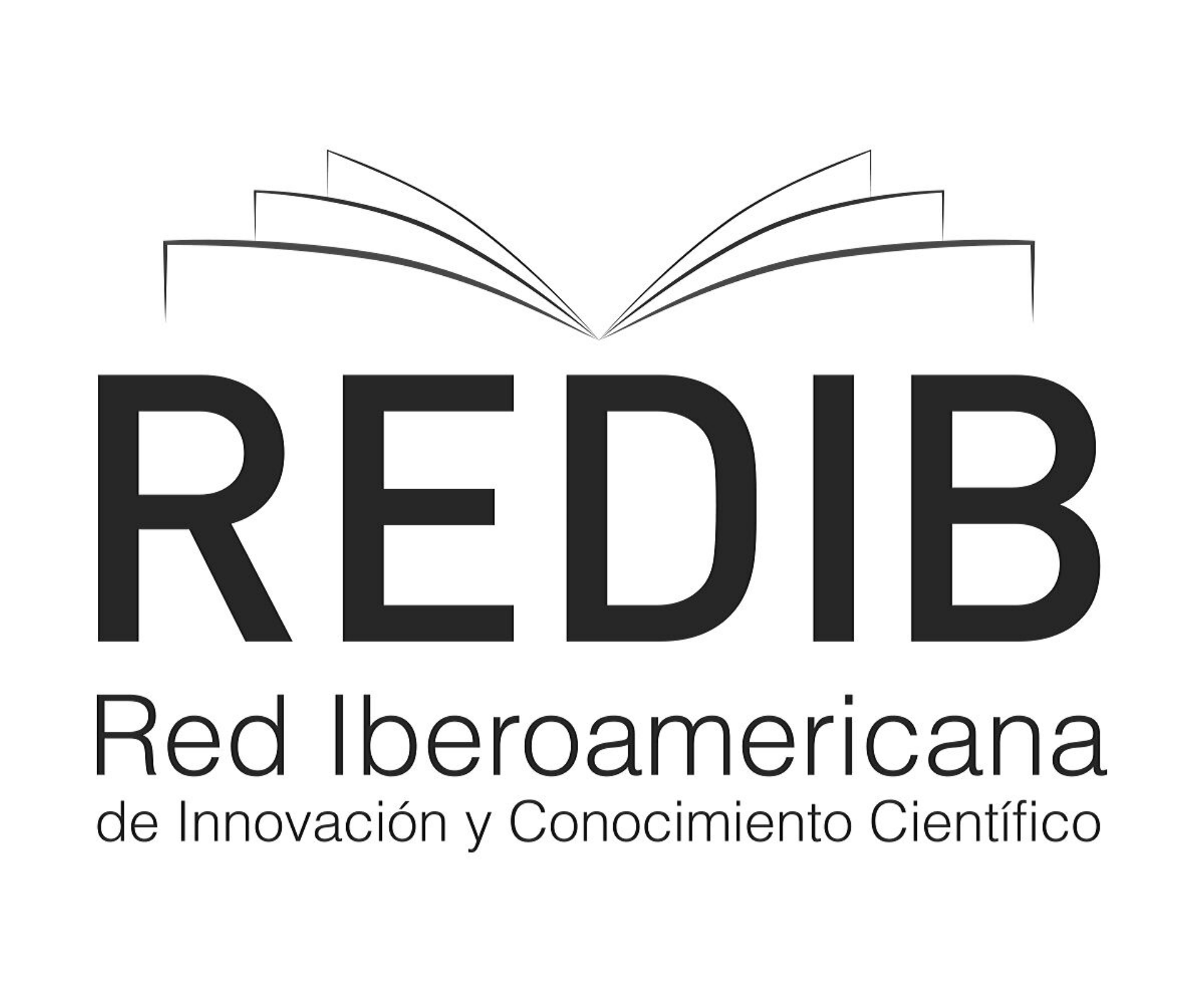Statelessness in the Inter-American system for the protection of human rights and its relation with a Latin American cooperative constitutional state
DOI:
https://doi.org/10.21708/issn2526-9488.v7.n14.p47-70.2023Abstract
The article presents considerations on the phenomenon of statelessness based on the analysis of the Inter-American System for the Protection of Human Rights in the development of the theme of nationality and the protection of stateless persons. This analysis starts from the performance of the Inter-American Court of Human Rights in the application and interpretation of the American Convention, as active mechanisms for the construction of a Latin American Cooperative Constitutional State. The research seeks to show that the legal panorama regarding nationality and the confrontation of statelessness in the inter-American system corroborate Peter Häberle's theory of the Cooperative Constitutional State. Therefore, the study was based on a qualitative and jurisprudential analysis of the cases judged by the Inter-American Court of Human Rights, the doctrinal understanding about the development of the theory of the Cooperative Constitutional State and documents about the norms of International Human Rights Law related to the protection of the stateless. The study will critically demonstrate that, despite the normative set regarding the right to nationality and adherence to international conventions and treaties, influenced by the understanding of the Inter-American Court of Human Rights on the subject, directing States towards a Cooperative Constitutionalism, the lack of internal openness in countries and rigid ideas of sovereignty, impede this development and undermine the guarantee of the right to nationality.
Downloads
Published
Issue
Section
License
Copyright (c) 2023 UFERSA's Law Review

This work is licensed under a Creative Commons Attribution-NonCommercial-NoDerivatives 4.0 International License.
Ao enviarem seus artigos, os autores concordam com os seguintes termos: 1. Cede-se à REJUR, gratuitamente e sem regime de exclusividade, seus direitos autorais; 2. Confere-se à REJUR os direitos de primeira publicação, permitindo-se o livre compartilhamento dos artigos veiculados em formato PDF; 3. Divulgações posteriores em periódicos, livros, obras coletivas ou eventos de qualquer natureza devem fazer referência à REJUR como meio de publicação original; 4. Os autores são responsáveis pelo conteúdo constante de seus textos; 5. o trabalho será licenciado também sob a Licença Creative Commons Atribuição-NãoComercial-SemDerivações 4.0 Internacional.













